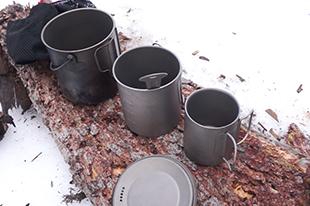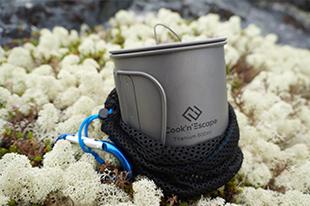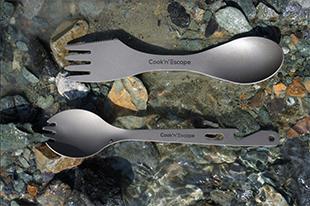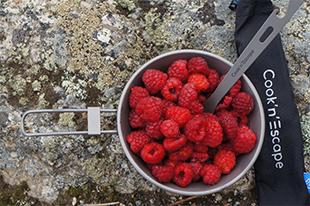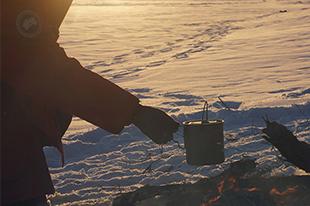How to fight dehydration in winter?

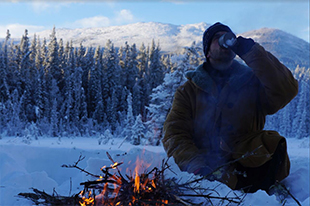
How to fight dehydration in winter?
“My kingdom for a glass of water!” Clichés about thirst, terminal dehydration, and the risks of traveling in the desert are abundant. Obviously, in a hot desert, the risk of dying of a lack of body water is real. What many people don’t know is that the effects of dehydration are just as real in winter or in a cold environment. Dehydration and hypothermia often go hand in hand in the outdoors. You can even experience those effects in your daily life, on a busy day at the office, or as a tourist visiting a city! Know how to spot the signs of dehydration and how to remedy them.
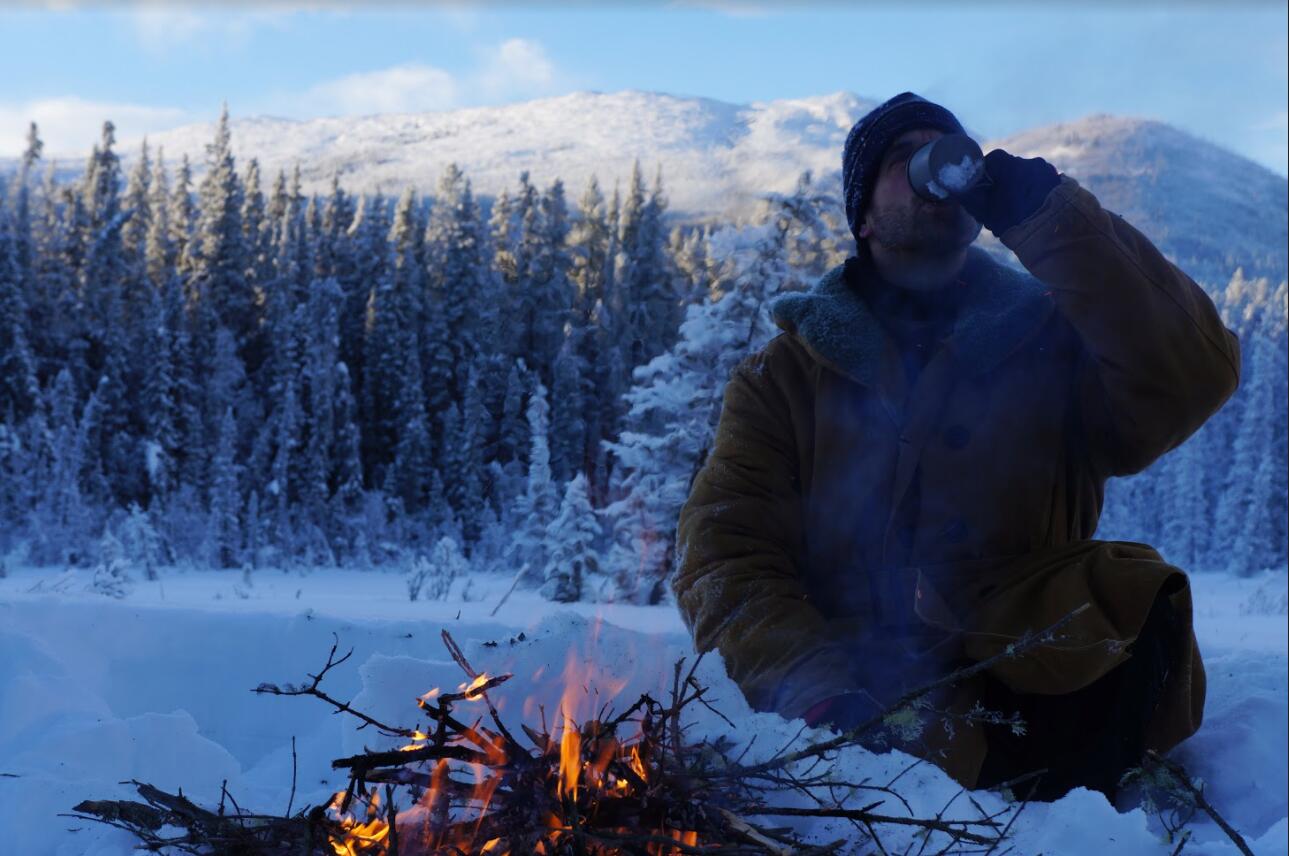
A body lacking water can’t function well. It gets tired more quickly. Organs like kidneys and liver won’t function efficiently. Blood circulation will be sluggish and the cold will feel more intense. The body’s extremities like feet and hands become much colder, and the risk of frostbite or freezing toes in winter increases. Headaches are likely too because the brain will be supplied by thicker blood. Muscle cramps, lack of sweat, and nausea could be symptoms too. Urine will decrease in quantity and become darker. However, don’t forget that thirst is not the best or the only indicator of dehydration.
In the great outdoors, because of remoteness and the physical demands on your body, the effects of dehydration are amplified. With cold temperatures, it gets worse: breathing cold air increases the loss of the body’s water. Cold creates a huge demand for body moisture, probably even more than in a hot desert.
First, drink lots! The harder you work, the longer you walk, snowshoe, ski, etc. the more you should drink. Drink regularly before you feel thirst. Of course, everyone will have different needs, but it is useful to follow general guidelines:
-Drink more at higher altitudes and no matter the weather.
-Drink more if you are older, because the older you get, the fewer fluids in the body, and watch for kids too, they dehydrate much faster than adults.
-During a hike drink at least the equivalent of 3 cups per kilometer (or 4 cups per mile).
-Drink hot water, drink tea. Hot liquids have the added benefit of preventing hypothermia.
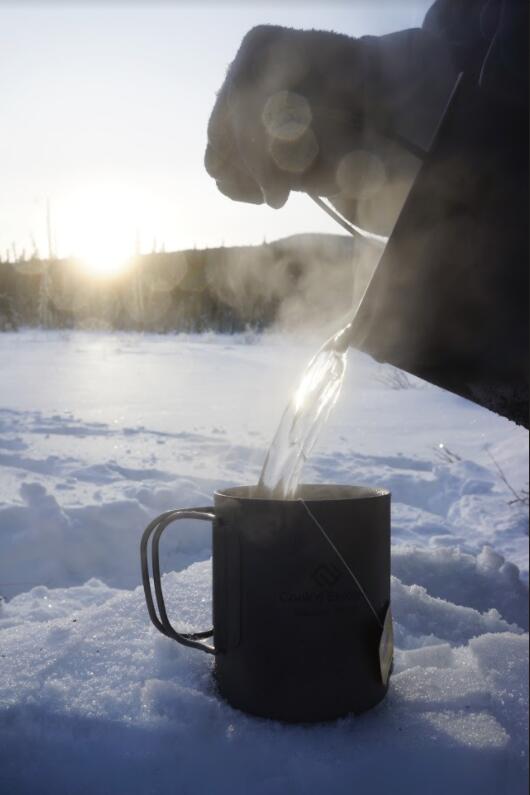
-When you wake up in the morning, drink at least 7 cups of hot water. Coffee is OK, but don’t abuse it as it has a mild diuretic effect. Water is still the best liquid.
-Carry electrolytes tablets with you and put them in your drinks, it will rehydrate the body faster.
-Wear sun protection since sunburn accelerates dehydration: have good sunscreen!
Do you drink enough? Pass the urine test: it should be abundant and colorless. If you are in a survival situation drink more again. Make a fire, melt snow or ice in your survival titanium pot and drink hot water! It will warm you, pass time, and get your body to function well.
Learn more about How to fight hypothermia? and How to prepare for a winter outdoor adventure?

